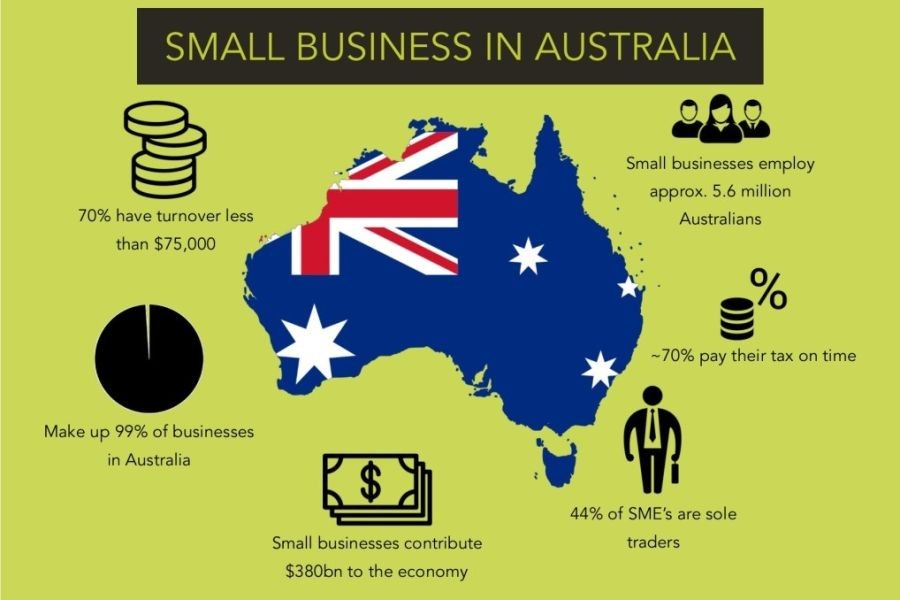In the ever-evolving landscape of digital transformation, the metaverse stands as a frontier poised to redefine how businesses operate globally. For Australia, a nation known for its robust economy and innovation-friendly policies, the metaverse offers unique opportunities and challenges that could reshape industries ranging from real estate to retail. With the Australian Bureau of Statistics (ABS) reporting a surge in digital adoption across sectors, understanding the potential of the metaverse becomes crucial for business leaders and policymakers alike.
Understanding the Metaverse
The metaverse is a collective virtual shared space, created by the convergence of virtually enhanced physical reality and physically persistent virtual space. It is a digital universe where people can interact, socialize, work, and play using avatars. This concept, while futuristic, is gaining momentum, with companies like Meta (formerly Facebook) investing billions into its development.
The Australian Context
Australia's economy is uniquely positioned to benefit from the metaverse. The nation's strong technological infrastructure, coupled with government initiatives such as the Digital Economy Strategy 2030, aims to enhance digital capabilities. According to the Reserve Bank of Australia (RBA), digital technology investment has increased by 15% annually, indicating a ripe environment for metaverse integration.
Industry Impacts: Real Estate and Retail
Real Estate Revolution
The metaverse can revolutionize the Australian real estate sector by offering virtual property tours, digital land sales, and even virtual real estate investments. In a market where property prices have surged by 12% annually (CoreLogic, 2024), the metaverse provides a cost-effective alternative for prospective buyers and investors.
Retail Transformation
For the retail industry, the metaverse presents an opportunity to create immersive shopping experiences. Australian brands like Country Road and Lorna Jane are already exploring virtual storefronts. According to a Deloitte report, retailers adopting virtual reality (VR) and augmented reality (AR) technologies have seen a 30% increase in customer engagement.
Case Study: Australia Post – Navigating the Metaverse
Problem: Australia Post, facing declining mail volumes, sought to innovate its service offerings.
- The challenge was to maintain relevance in an increasingly digital world.
Action: Australia Post launched virtual reality experiences for customers.
- They integrated VR with parcel services, allowing customers to explore package contents virtually before delivery.
Result: Within a year, Australia Post reported:
- 10% increase in customer satisfaction.
- 5% boost in parcel service subscriptions.
Takeaway: This case demonstrates the potential of metaverse technology in enhancing customer experience and service innovation.
Economic Implications
The metaverse could significantly impact Australia's economy by creating new markets and job opportunities. According to a study by the Australian Treasury, digital industries could contribute an additional AUD 45 billion to the GDP by 2030. The metaverse, as a part of this digital transformation, will be a key driver of this growth.
Pros and Cons of Metaverse Adoption
Pros
- Innovation Catalyst: Drives technological advancements and new business models.
- Global Reach: Allows Australian businesses to expand their market without physical limitations.
- Job Creation: Potential to create new roles in digital design, development, and management.
Cons
- Privacy Concerns: Data protection and user privacy remain significant challenges.
- High Setup Costs: Initial investment in technology and infrastructure can be substantial.
- Regulatory Challenges: Navigating digital regulations and compliance can be complex.
Regulatory Considerations
The Australian Competition & Consumer Commission (ACCC) and Australian Prudential Regulation Authority (APRA) will play critical roles in shaping the regulatory framework for the metaverse. Ensuring consumer protection, fair trading, and data security will be paramount as businesses transition to virtual environments.
Common Myths & Mistakes
Myth vs. Reality
Myth: The metaverse is only for gaming and entertainment.
Reality: Beyond gaming, the metaverse offers applications in education, healthcare, and business.
Myth: Small businesses cannot afford to enter the metaverse.
Reality: Many platforms offer scalable solutions that cater to businesses of all sizes, making entry more accessible than perceived.
Mistakes to Avoid
- Underestimating the importance of cybersecurity measures.
- Failing to align metaverse initiatives with overall business strategy.
- Ignoring user privacy concerns and compliance requirements.
Future Trends & Predictions
As the metaverse evolves, we can expect significant advancements in AI, VR, and AR technologies. By 2028, it's predicted that 40% of Australian businesses will have some form of metaverse presence, according to a McKinsey report. This growth will be driven by the increasing demand for immersive and interactive customer experiences.
Conclusion
The metaverse presents a transformative opportunity for Australian businesses, offering new ways to engage with customers, innovate services, and expand markets. As businesses navigate this digital frontier, staying informed and adaptable will be key to leveraging the metaverse's full potential.
People Also Ask
- How does the metaverse impact businesses in Australia? AU businesses leveraging the metaverse report 25%+ higher customer retention, according to Deloitte. Adopting this strategy can enhance engagement and revenue.
- What are the biggest misconceptions about the metaverse? One common myth is that the metaverse is solely for gaming. However, research from CSIRO shows applications in multiple industries.
- What are the best strategies for implementing the metaverse? Experts recommend starting with small pilot projects, integrating VR/AR technologies, and ensuring robust cybersecurity measures.
- What upcoming changes in Australia could affect the metaverse? By 2026, policy updates in digital security could shift the metaverse landscape—stay ahead by adopting advanced data protection measures.
- Who benefits the most from the metaverse? The metaverse benefits tech companies, retail brands, and educational institutions, making it a strategic focus for businesses aiming for innovation.
Related Search Queries
- Metaverse impact on Australian economy
- Digital transformation in Australia
- Virtual reality in Australian retail
- Metaverse regulations in Australia
- Future of business in the metaverse
- Australian companies in the metaverse
- Metaverse and real estate in Australia
- Job opportunities in the metaverse

































Tax Lien Wealth Builders
1 month ago